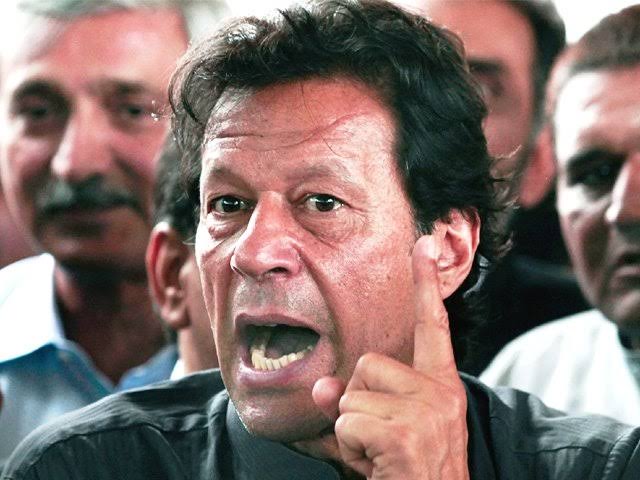
Democracy is all about compromise and negotiated dialogue between differing points of view. In Pakistan, unfortunately, the spirit has always been more war-like than sportsmanlike.
In this context, former Prime Minister Imran Khan’s recent overture to “hold dialogue” has been viewed by many as having the potential for reconciliation in a political landscape that is fraught with venomous rhetoric and hardened stances.
However, the ambiguity shrouding the intended recipients of this dialogue raises questions. Khan insists he will only speak with the establishment and not with thieves – words he uses for the other political parties – so in a way it appears that all Khan wants to do is alleviate the pressure on him, his party and his people.
Also, this is the same as the argument he made ever since he lost the vote of confidence in April 2022 when his anger against the army and establishment was that they had removed him and all he wanted them to do was to bring him back to power.
As an editorial in Dawn noted, “Khan’s refusal to engage with other political entities despite their willingness to talk has been a hallmark of his political career. His rhetoric not only widened the chasm between the PTI and other parties but also contributed to a fragmented political environment. Such divisiveness is not something Pakistan can afford.”
“For the dialogue to serve the nation’s interest,” Dawn noted, “it must be rooted in the spirit of democracy, involving the country’s political stakeholders. History has shown that stability and progress come from collaborative efforts among political entities. It is imperative for the incarcerated PTI chief to clarify that his call for dialogue is not a veiled attempt to negotiate with the establishment, but a genuine effort to bridge gaps with other political parties. Labelling political opponents — who are simply that, and not enemies to be vanquished — as unworthy of dialogue has done little in the past to foster the environment crucial for democratic discourse. For the nation to move forward, it is essential that political leaders shed animosity and engage in constructive dialogue, prioritising national interest over personal or party agendas.”
![]()





